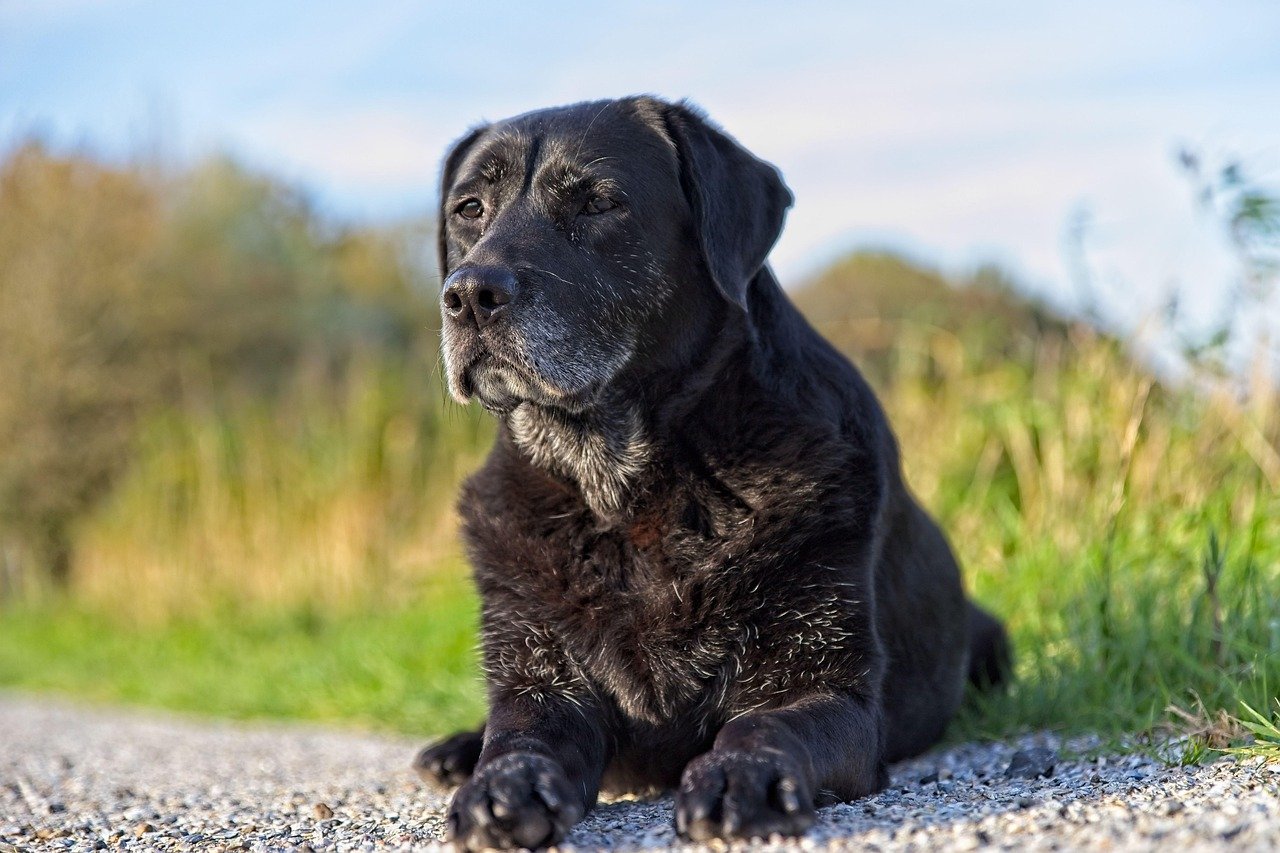There’s something quietly magical about an old dog’s gaze. If you’ve ever watched your gray-muzzled companion shuffle to their favorite spot by the window or seen them snooze through a thunderstorm, you know: senior dogs have their own special ways. These quirks can be hilarious, heartwarming, and sometimes a little puzzling. But every odd habit tells a story about growing older—just like in people. Understanding these changes isn’t just about nostalgia; it’s about giving our loyal friends the love and care they truly deserve in their golden years.
Slowing Down: The Art of Taking It Easy

You might have noticed your senior dog isn’t as quick to jump up for a walk or chase after the ball as they used to be. This slower pace isn’t just laziness—it’s a natural part of aging. Their joints might ache a little, or they may tire faster than before. Some dogs will even stop halfway to sniff the breeze, savoring every scent as if it’s a cherished memory.
But there’s more to this slow stroll than meets the eye. By taking things at their own pace, older dogs are telling us about their physical limits. It’s their way of saying, “I still love our adventures, but let’s take it slow.” This change is important to notice because it signals the need for gentler exercise and maybe even a comfy orthopedic bed. Slowing down is a gentle reminder for us to savor the moment, too—one paw step at a time.
Selective Hearing: Is It Stubbornness or Something Else?
Ever called your dog’s name and watched them look right through you? It’s almost like they’re ignoring you on purpose! But for senior dogs, selective hearing is often a sign of real hearing loss. You might catch them snoozing through the doorbell, or failing to notice their favorite treat bag crinkling across the room.
This quirk matters because it changes how we communicate. Instead of getting frustrated, it’s time to use hand signals, gentle touches, or even flashing lights. Understanding their hearing is fading helps us keep them safe, less startled, and still feeling included. It’s a little like learning a new language together—a quiet dance of trust and adaptation.
Cloudy Eyes & Gentle Gazes: The World Looks Different
As dogs age, you might notice their eyes becoming cloudy or bluish. This change, often due to something called nuclear sclerosis or cataracts, doesn’t always mean total blindness—but it does mean the world looks a bit fuzzier to them. You’ll see them hesitate before jumping or bump gently into furniture they used to navigate with ease.
Why does this matter? Well, it’s a call for us to be their guides. Rearranging furniture less, using night lights, and avoiding sudden changes can help them feel confident at home. It’s a small adjustment for us, but for them, it’s the difference between confusion and comfort. Their gentle gaze may look different, but it’s still filled with trust and love.
Grumpier or Needier: Shifting Social Moods

Have you noticed your senior dog growling more at puppies or suddenly glued to your side all day? Just like people, dogs’ personalities can shift as they age. Some become more irritable, not wanting to be disturbed while resting. Others might get clingy, following you from room to room, needing extra reassurance.
These quirks are more than personality changes—they’re messages. Grumpiness might mean they’re in pain or tired, while neediness can signal anxiety or vision loss. Recognizing these signals helps us adjust our routines and expectations, making their world a little softer and more predictable. It’s a gentle nudge to offer more patience and a few extra cuddles.
Confusion or Forgetfulness: Doggie “Senior Moments”
Maybe your old friend stands in the hallway, seemingly unsure why he went there. Or perhaps she forgets the house-trained rules and has an accident indoors. These moments of confusion can be startling to witness, but they’re a normal part of canine cognitive aging—similar to dementia in humans.
Why does this matter? Because recognizing these signs early means you can help. Keeping routines consistent, using verbal and scent cues, and talking to your vet can make a world of difference. Their confusion isn’t misbehavior—it’s a sign they need a little extra help finding their way. It’s a reminder that growing old can be disorienting, but love and patience make it easier.
Changes in Sleep Patterns: Snooze Like a Senior

Senior dogs are champion nappers. You’ll find them dozing in the sun, curled up in their favorite bed, or snoring away during family movie night. Sometimes they sleep more than they’re awake, and their dreams seem deeper—complete with twitching paws or soft barks.
This increase in sleep isn’t just about laziness; it’s about their bodies needing more time to rest and recover. Paying attention to these patterns is important. If they’re restless at night or seem disoriented after waking, it could signal health issues worth discussing with a vet. Their sleepy quirks remind us that rest is just as important as play, especially in the golden years.
Eating Habits: Picky Palates and Slower Meals
Gone are the days when your dog would inhale dinner in seconds flat. Senior dogs often become picky eaters, nibbling slowly or turning up their nose at old favorites. Some might lose weight, while others gain a few extra pounds despite eating less. Dental issues, reduced sense of smell, or digestive changes all play a role here.
It matters because mealtime is a window into their health. Adjusting their diet, offering softer foods, or feeding smaller, more frequent meals can help. Watching for changes in their appetite gives us clues about pain, dental disease, or underlying illness. Their new eating quirks are a way of saying, “I need something different now”—a message that deserves our attention and care.
Senior dogs have a charm all their own, and their unique quirks are more than just signs of aging—they’re reflections of a lifetime of love, loyalty, and personality. Whether it’s sleeping more, moving a bit slower, or seeking extra cuddles, these behaviors remind us to slow down and savor the time we have with them. Recognizing and respecting these changes isn’t just about good care—it’s about honoring the deep bond you’ve built over the years. Because in every senior dog quirk lies a story, a memory, and a quiet reminder of how much they’ve given—and how much they still have to give.





